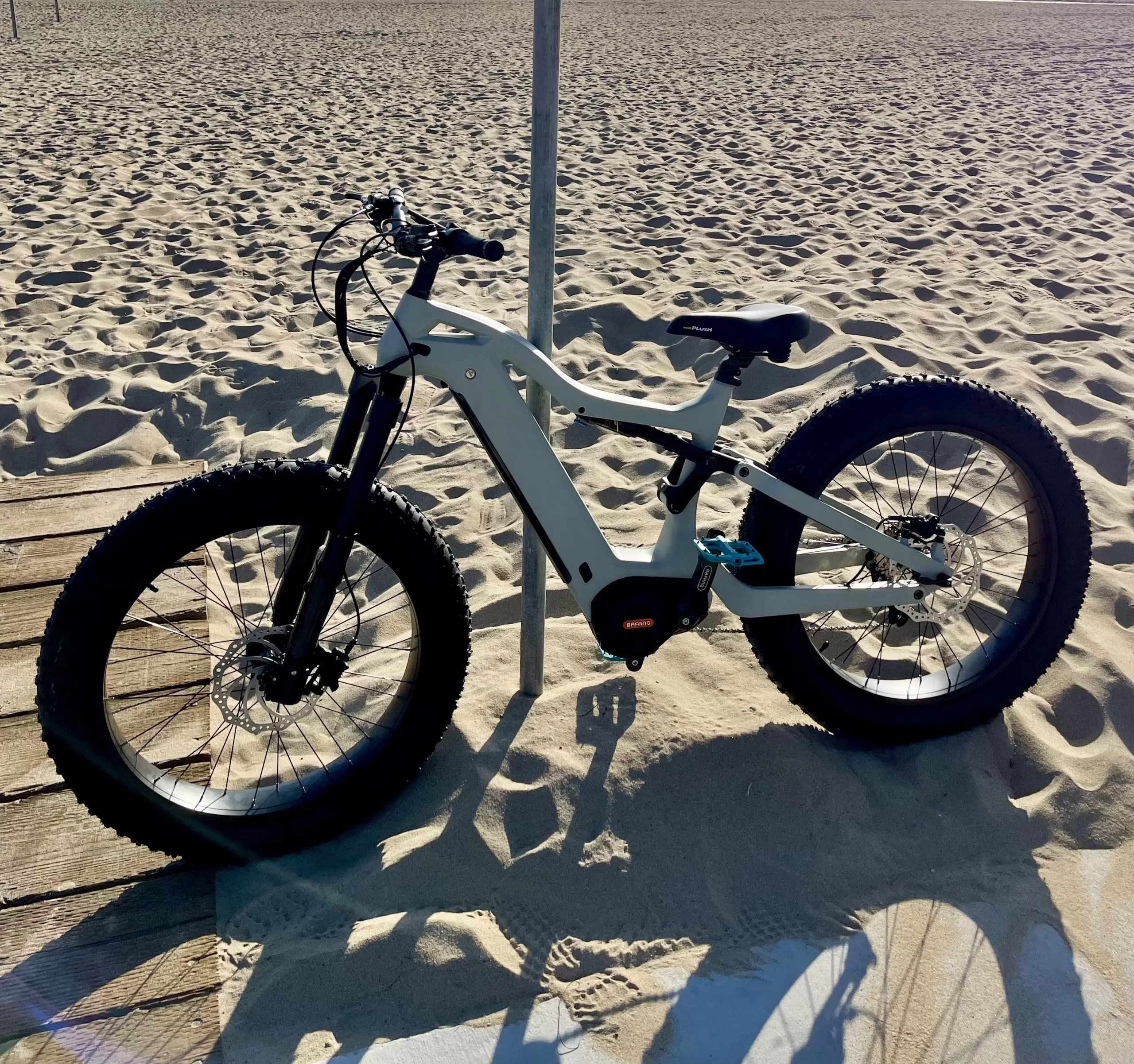The progress in battery technology has significantly influenced the electric bicycle market


1.Enhanced Range:
The substantial increase in battery energy density has significantly extended the range of electric bicycles on a single charge. This advancement allows consumers to travel longer distances without the need for frequent recharging, thereby greatly enhancing the practicality and appeal of electric bicycles.
2.Product Diversity:
The progress in battery technology has empowered manufacturers to create a broader array of products tailored to meet diverse consumer needs. For instance, some electric bicycles are specifically designed for long-distance journeys and are equipped with high-capacity batteries, while others prioritize lightweight design and portability for urban commuting.
3.Cost Efficiency:
As battery production scales up and technology matures, the cost of batteries has gradually decreased. This trend lowers overall purchase costs, alleviating financial burdens on consumers and facilitating market expansion.
4.Accelerated Charging:
New advancements in battery technology enable faster charging times, significantly reducing downtime and improving user experience—particularly crucial for users requiring quick energy replenishment.
5.Enhanced Safety Features:
Advanced materials such as lithium-ion or solid-state lithium-ion exhibit superior thermal management capabilities and lower failure rates, thus enhancing safety during electric bicycle operation—a critical factor in mitigating battery-related accidents.
6.Environmental Performance Enhancement:
Recent innovations in battery technology also encompass the use of materials with reduced environmental impact alongside improved recycling methods, further bolstering the ecological performance of electric bicycles.
7.Increased Market Competition:
Continuous innovation within battery technology has attracted new entrants into the market, intensifying industry competition; consequently, companies must perpetually innovate to sustain their competitive edge—ultimately benefiting consumer










